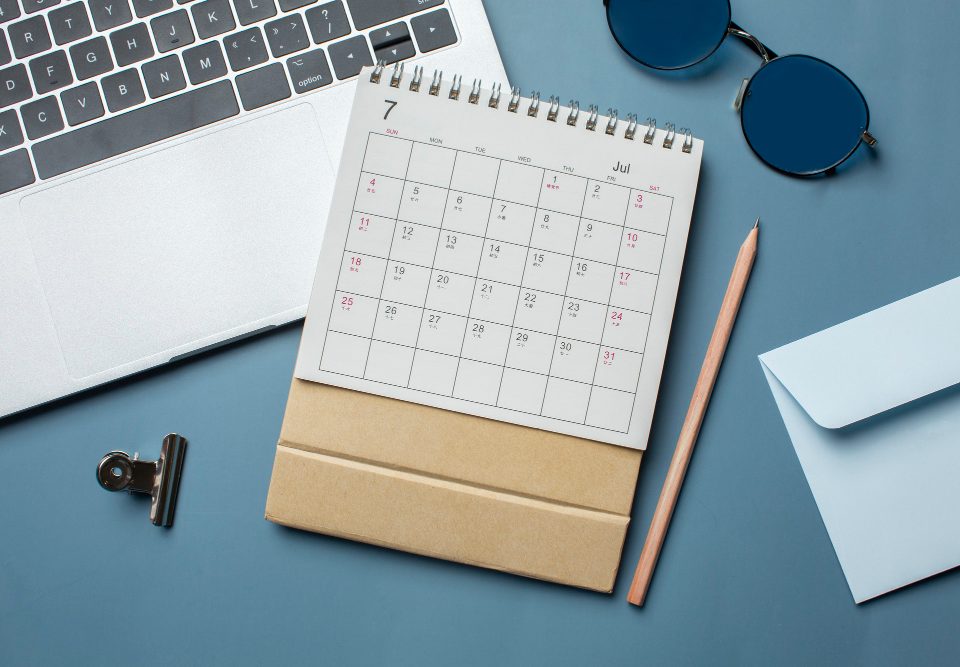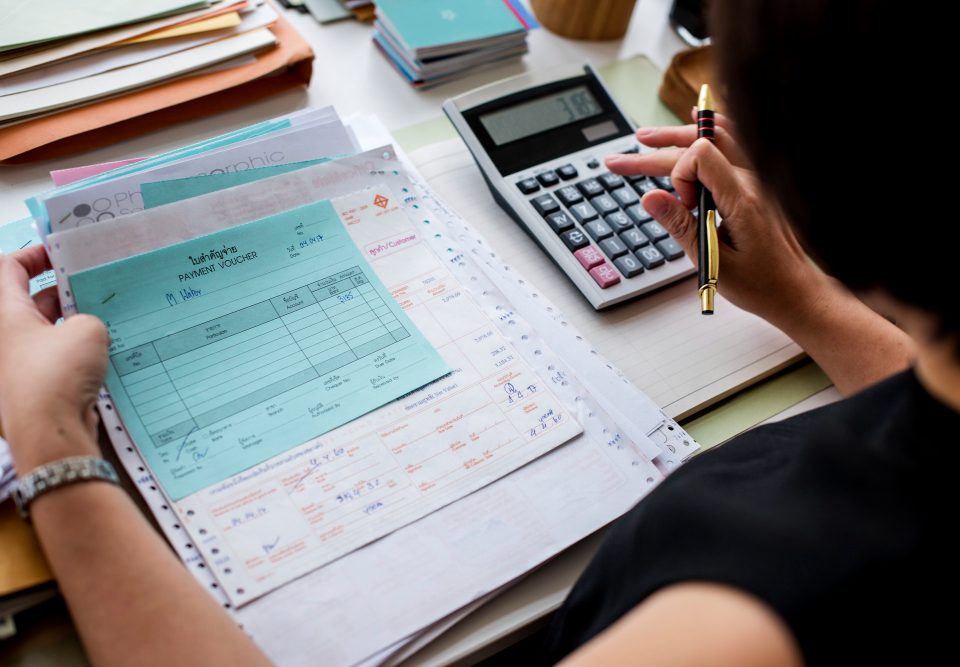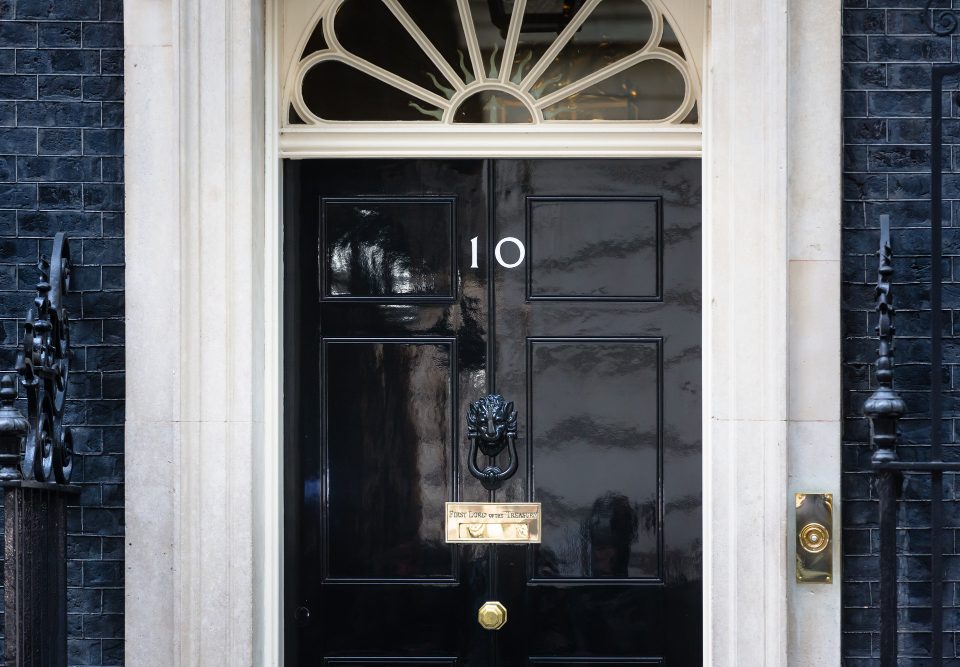We know that filing self-assessment tax returns for the very first time can be daunting. From worrying about missing deadlines to ensuring you have all the correct documents to hand, there’s a lot to think about.
For a first-time filer, one of the best things you can do is to familiarise yourself with all things self-assessment. To save you having to sift through loads of research, we’ve created this comprehensive guide full of FAQs from first-time filers like yourself. Be sure to bookmark this page for future reference!
What is a self-assessment tax return?
A self-assessment tax return is how HMRC collect income tax from those classed as self-employed or earning additional income. That means it’s your responsibility to calculate and pay your income tax correctly and on time.
Do I need to file a self-assessment tax return?
If you are self-employed, it’s likely you’re required to fill out a self-assessment tax return every year. This is because your taxes aren’t automatically deducted before you receive your pay slip as would be done in traditional employment.
It’s important to note that in some cases, those who are employed will still be required to file a self-assessment tax return if they receive additional income not taxed at the source. This includes: rental income for landlords, investment income from dividends, side-hustles, such as making and selling jewellery, etc.
Can I file my tax return online?
Absolutely! Most people opt for filing an online self-assessment as it’s easily accessible using the HMRC online portal. While you can choose to submit a paper return, the deadline for this is earlier, October 31st, as opposed to the online filing deadline of January 31st.
What do I do if I have multiple sources of income?
One of the most common mistakes made by people filing for the first time is failing to report every source of income. If you have multiple sources, no matter how small or seemingly insignificant, you must include each one on your tax return and not just your primary income.
To make life easy for yourself, it’s a good idea to keep documents relating to each of your jobs separate. Organising your financial information this way throughout the year will make it easier to differentiate paperwork when it comes to filing.
What happens if I miss the deadline to file?
HMRC automatically hits late filers with a £100 penalty as soon as the deadline has passed. The penalties keep growing and growing until you complete your tax return. So if unfortunate circumstances ever mean you are late to file, it’s still important you file as close to the missed deadline as possible otherwise you could end up paying extortionate fees. If left unresolved, this can amount to more than your original owed tax!
How do I register?
As a first-time filer, you’ll need to register to file by 5th October. This can be done either online, by phone, or by post.
Once you’re registered, you’ll be sent a Unique Taxpayer Reference (UTR). If you choose to submit an online tax return, you’ll also need to set up a Government Gateway account. The details for this will be given to you when receiving your UTR. Once you’re all set up, you’re free to start preparing to file.
Do I need to prepare anything before I file?
You’ll need the following to hand when it comes to filing:
- NI number
- UTR
- P60, P45, or P11D if applicable (when you’ve been employed or received income where you were taxed at the source)
- Details of any contributions to charity or pensions that could be eligible for tax relief
- Any expenses, receipts, or documents relating to your business
I’m running out of time to submit, what’s the first thing I should do?
Hey, we get it. Sometimes life gets in the way and best intentions go out the window. If you find yourself yet to start the filing process and the deadline is fast approaching, it may be time to think about enlisting the help of a professional accountant. As a priority, you should gather all the information and documents needed to file, as accountants require the same details to complete the process as if you were doing it yourself.
At Baa, our tax experts are well-versed in self-assessment tax returns and even offer a speedy 48-hour turnaround if you’re up against the clock. Save yourself the hassle and avoid pesky penalties by opting for our late filing service here.
How do I make a change to my personal details?
You can update your name, address, and personal details on your HMRC online account. Changing your details isn’t overcomplicated, but you want to make sure you do it as soon as possible so you don’t miss any important correspondence.
If you’re a business owner, don’t forget to update your business records to match too.
Are there any tax reliefs that I can take advantage of?
Yes! You’ll be pleased to hear there are several allowances that can help lower your tax bill, such as: working from home expenses, travel expenses, R&D tax relief, small business rate relief, marriage allowance, and charity donations, to name but a few.
To qualify for these different tax reliefs, you need to meet certain criteria. Professional accountants can help with this kind of tax optimisation, helping you get familiar with what you are and aren’t entitled to claim so you feel confident you’re being as tax efficient as possible.
Speak to one of our experts who will be able to advise you on the best steps to take.
What are the most common mistakes people make when filing?
- Leaving registration and filing to the very last minute: not only does this cause a lot of stress, but it also makes it difficult to do things accurately. Rushing leads to manual errors which leads to inaccuracy penalties.
- Being disorganised with paperwork: trust us when we say that keeping your business receipts and documents organised throughout the year will simplify your life when it comes to filing. As HMRC could ask for evidence, you need to be able to locate financial information easily to prove expenses claimed. Check out our bookkeeping page for further details on how we can help you stay on top of your paperwork.
- Failing to declare all income sources: remember, this isn’t just money earned from employment but includes other taxable income sources too, such as a profit made from selling assets (like valuable possessions or houses), or income from investments in company shares (paid through dividends).
- Not taking advantage of tax-free allowances: failing to claim the right relief means you miss out on lowering your taxes compliantly. The flipside of this is some people claim relief that isn’t applicable to them.
- Making errors on the personal information section: it sounds trivial, but this one happens more often than you’d expect and can end up causing serious delays. Always triple check your UTR, NI number and address are correct before submitting.
Get in touch
Read this guide and still feel overwhelmed by the prospect of getting your self-assessment tax return done on time? Or maybe you just simply haven’t got the time to faff with your accounts while running your business?
That’s exactly what we’re here for.
Let us take care of your tax return while you get back to doing what you do best. Check out our filing pages for more info, or get in touch with one of our team today and we’ll help you get back on track in no time.










